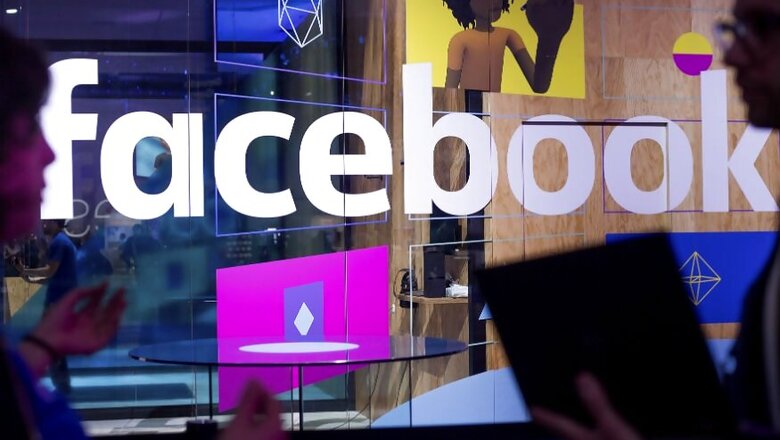
views
In partnership with Harvard University's Social Science One project, Facebook is opening up a bit of its treasure trove of data for academic research into the role of social media in democracy and elections. The partnership was announced in April, but Social Science One in a statement on Wednesday said how it will work, and announced that academics can now apply for access and funding to study the first Facebook dataset.
Also Read: Oppo Find X With Qualcomm Snapdragon 845, 8GB RAM Launched in India For Rs 59,990
Facebook embraced Social Science One's innovative approach, which gives scholars a way to conduct social science research about private industry data, to reach new understandings of the role of the company's social media platform in the democratic process. While the Facebook partnership is Social Science One's initial effort, the group said it plans eventually to facilitate academic study of other questions with Facebook data and other types of proprietary data from different companies and industries.
Also Read: Top 3 Snapdragon 845 Phones To Buy In July 2018
"The data collected by private companies have vast potential to help social scientists understand and solve society's greatest challenges," said Social Science One co-founder Gary King, Professor at Harvard University. "But until now that data has typically been unavailable for academic research. Social Science One has established an ethical structure for marshalling privacy preserving industry data for the greater social good while ensuring full academic publishing freedom," King said.
The first privacy-protected dataset that researchers may propose to analyse involves information and misinformation. It includes about a petabyte of data with almost all public URLs Facebook users globally have clicked on, when, and by what types of people, including many links judged to be intentionally false news stories by third-party fact checkers, Social Science One said.
To assuage privacy concerns regarding the use of data, the organisation said it has developed a new structure that protects users' privacy, insulates the process from individual researchers violating the rules, and empowers independent academics to advance the general good in a way that all may benefit.
Watch: Asus Zenfone 5Z First Impressions | Lookout OnePlus 6!




















Comments
0 comment